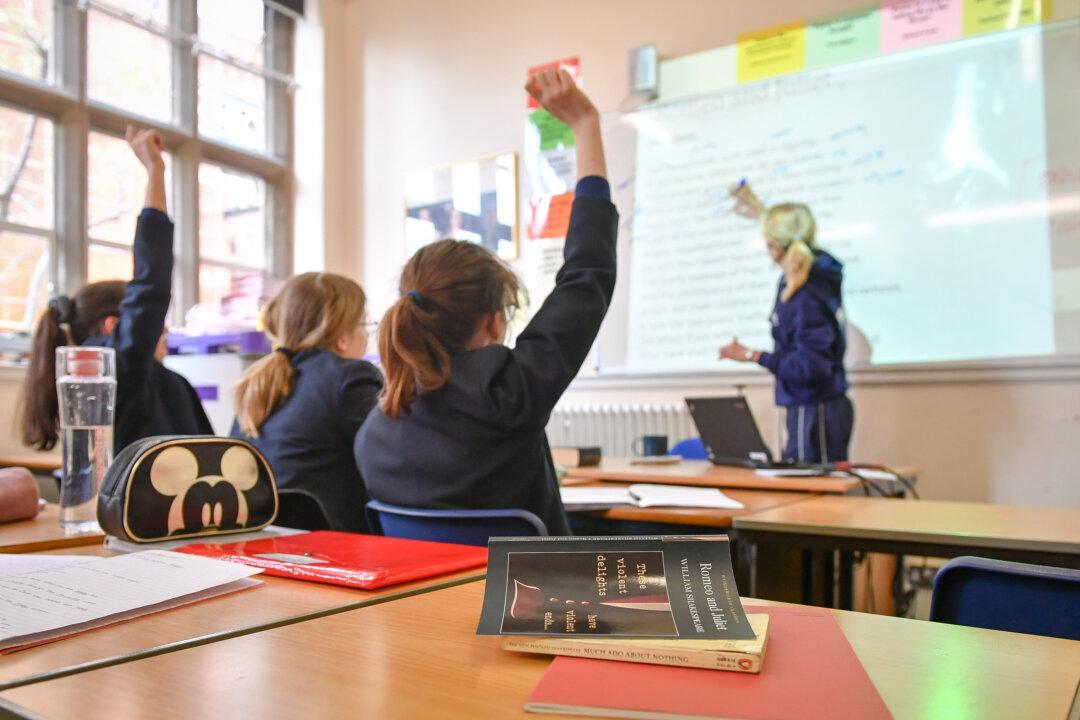A cross-party group of MPs has called on the government to create a register of children not in school, amid high absence rates after the pandemic.
The Education Select Committee has reviewed the statistics of school absences in England before and after the pandemic.





